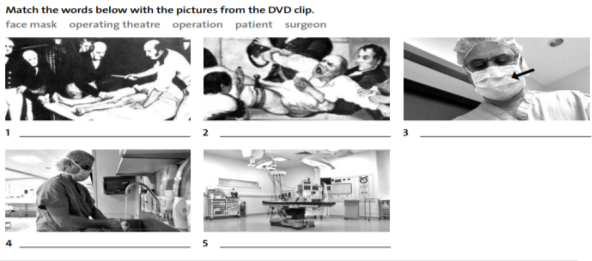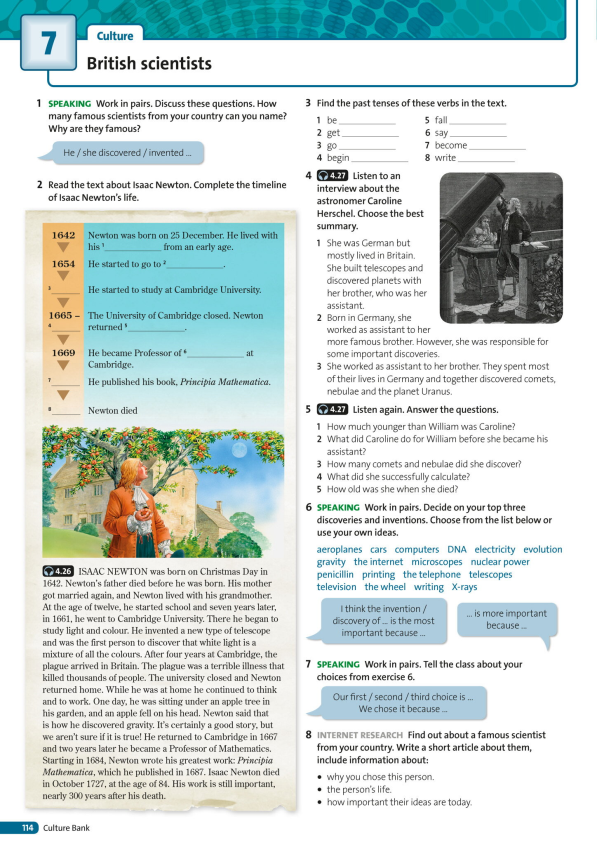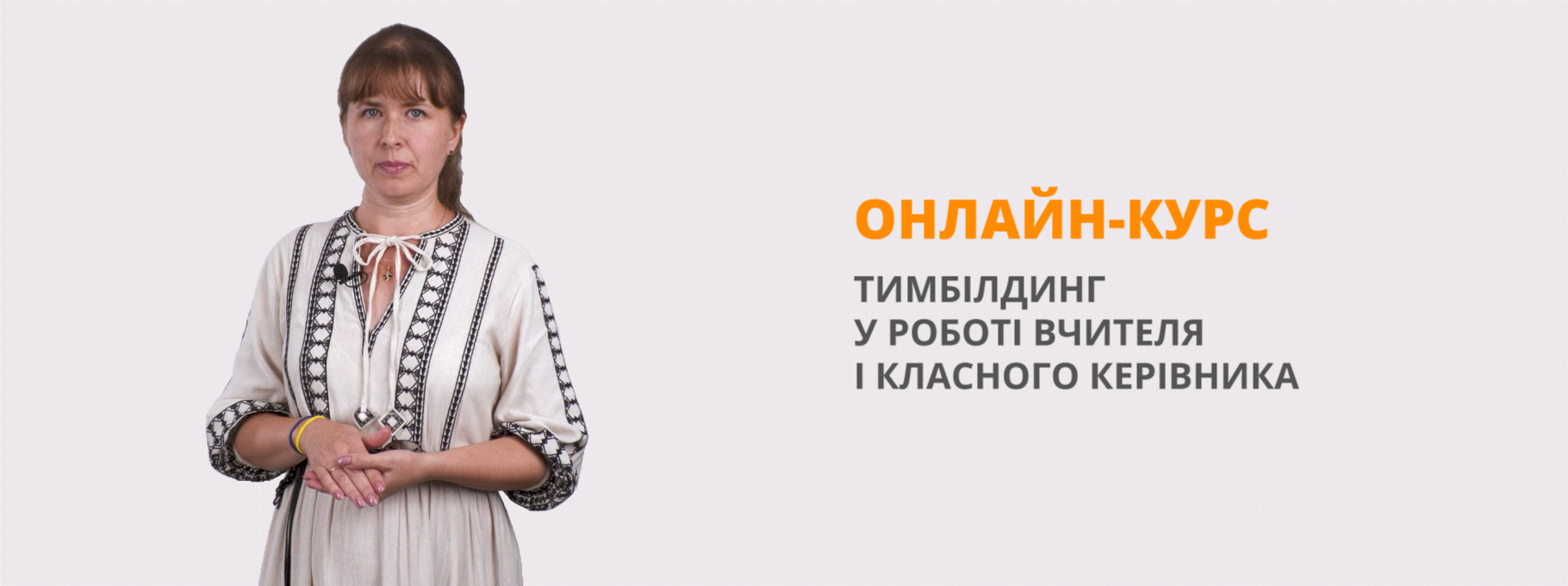Конспект уроку " Британські вчені" Solutions elementary
Тема уроку/ The subject of the lesson: Британські вчені Solutions
Мета :
навчальна:
- відпрацьовувати мовленнєві навички учнів;
- стимулювати мислення учнів;
- поглибити знання учнів про винаходи та винахідників.
-тренувати вживання минулого неозначеного часу.
-продовжувати вдосконалювати техніку читання.
розвивальна :
-розвивати вміння монологічного мовлення.
-розвивати культуру мовлення.
виховна:
викликати бажання отримувати знання та застосовувати їх на практиці
Обладнання: фото винахідників, аудіо та відео файли, завдання для відео, презентація
Тип уроку: комбінований
Хід уроку/ Procedure
- Підготовка до сприйняття іншомовного мовлення.
Привітання/Greeting:
Good morning, everyone! I`m glad to see you! Take your seats, please! Let`s begin our lesson! How are you today? What day is it today? What the weather like today?
Повідомлення теми,мети уроку/Aim of the lesson
The topic of our lesson is «British scientists». Today we are going to deal with great inventions and their inventors. I believe you'll enjoy the subject of our today's lesson. We'll talk about electronic devices, surgery and astronomy. . We'll dwell upon science in general and on its negative and positive influence on people's lives.
You will listen to an interesting interview, read and discuss a text, do many exercises, practise your speaking and writing skills. Let’s start our lesson
Warm up (мовна розминка)
Answer the questions:
What are the 3 greatest inventions of all time?
Which modern invention could you not live without?
Do computers save time or do they just make us waste more time?
What would you like to see invented in the future?
How important is your mobile to you?
2. Основна частина уроку. The main part of the lesson.
British scientists
Britain boasts a long list of famous and important scientists and inventors. Here are just a few: Alan Turing (the father of theoretical computer science and artificial intelligence); Alexander Fleming (the biologist and pharmacologist who discovered penicillin); Alexander Graham Bell (the inventor of the telephone); Alfred Russel Wallace and Charles Darwin (the naturalists and biologists who proposed the theory of evolution through natural selection); Sir Isaac Newton (physicist and mathematician); Charles Lyell (geologist); Francis Crick (the co-discoverer of the structure of the DNA molecule); Joseph Lister (surgeon and pioneer of antisepticb surgery); Stephen Hawking (physicist); Tim Berners-Lee (the inventor of the World Wide Web); James Watt (inventor and mechanical engineer); Isambard Kingdom Brunel (engineer).
Reading Читання
Exercise 2 page 114
Students read and listen to the text and complete the timeline.
KEY
1 grandmother 2 school 3 1661 4 1667
5 home 6 Mathematics 7 1687 8 1727
Writing письмо
Exercise 3 page 114
• Students do the exercise individually.
KEY
1 was 2 got 3 went 4 began 5 fell 6 said 7 became 8 wrote
Listening Аудіювання
Exercise 4 page 114
• Students read the summaries.
Play the audio. Elicit the correct answer and also the reason why the other summaries are incorrect. (1 is incorrect because it was her brother who built telescopes, and she was his assistant. 3 is incorrect because they spent most of their lives in Britain, not Germany. William discovered Uranus and Caroline discovered eight comets and fourteen nebulae.)
The best summary is 2.
Exercise 5 page 114
• Students read the questions. Then play the audio. With a stronger class, ask students to try to answer the questions before listening and checking.
• Play the audio again for students to answer the questions
1 Caroline was twelve years younger than William.
2 She did the cooking and cleaning for him.
3 She discovered eight comets and fourteen nebulae.
4 She successfully calculated distances to planets and stars.
5 She was 97 when she died
Riddles (загадки)
"I don't know the ABC
But I'm writing, as you see"
(a pen)
"What am I?
I don't ask questions
But must be answered"
(a telephone)
"This is a house
With one window in it.
Showing films
Nearly every minutes"
(a TVset)
Listening Аудіювання
Watch a video about Joseph Lister ( famous surgeon)


Speaking Говоріння
Exercise 6 page 114
• Focus attention on the list of discoveries and inventions. Teach or elicit the meaning of unknown words, e.g. DNA (deoxyribonucleic acid, the chemical in the cells of animals and plants that carries genetic information), evolution (the theory proposed by Charles Darwin and Alfred Russel Wallace that species are changeable, that they have changed over time, and that one of the mechanisms that
drives this change is natural selection) and gravity (the force that attracts objects in space towards each other, and that
on the Earth pulls them towards the centre of the planet so that things fall to the ground when they are dropped).
Students work in pairs to decide the top three discoveries and inventions. Circulate, monitor and help as necessary.
3. Заключна частина уроку The end of the lesson Summarizing.
1. Setting home assignment. Домашнє завдання
It`s time to write down your hometask for the next lesson. At home you have to complete SB Ex. 8 p 114
2. Reflection. підсумки
Our lesson is going to the end. Let`s sum up the results of our lesson.
3. Evaluation. оцінювання
You`ve done a good job today! You have been active.
Did you enjoy our lesson? Thank you for your attention! Goodbye!

1


про публікацію авторської розробки
Додати розробку
